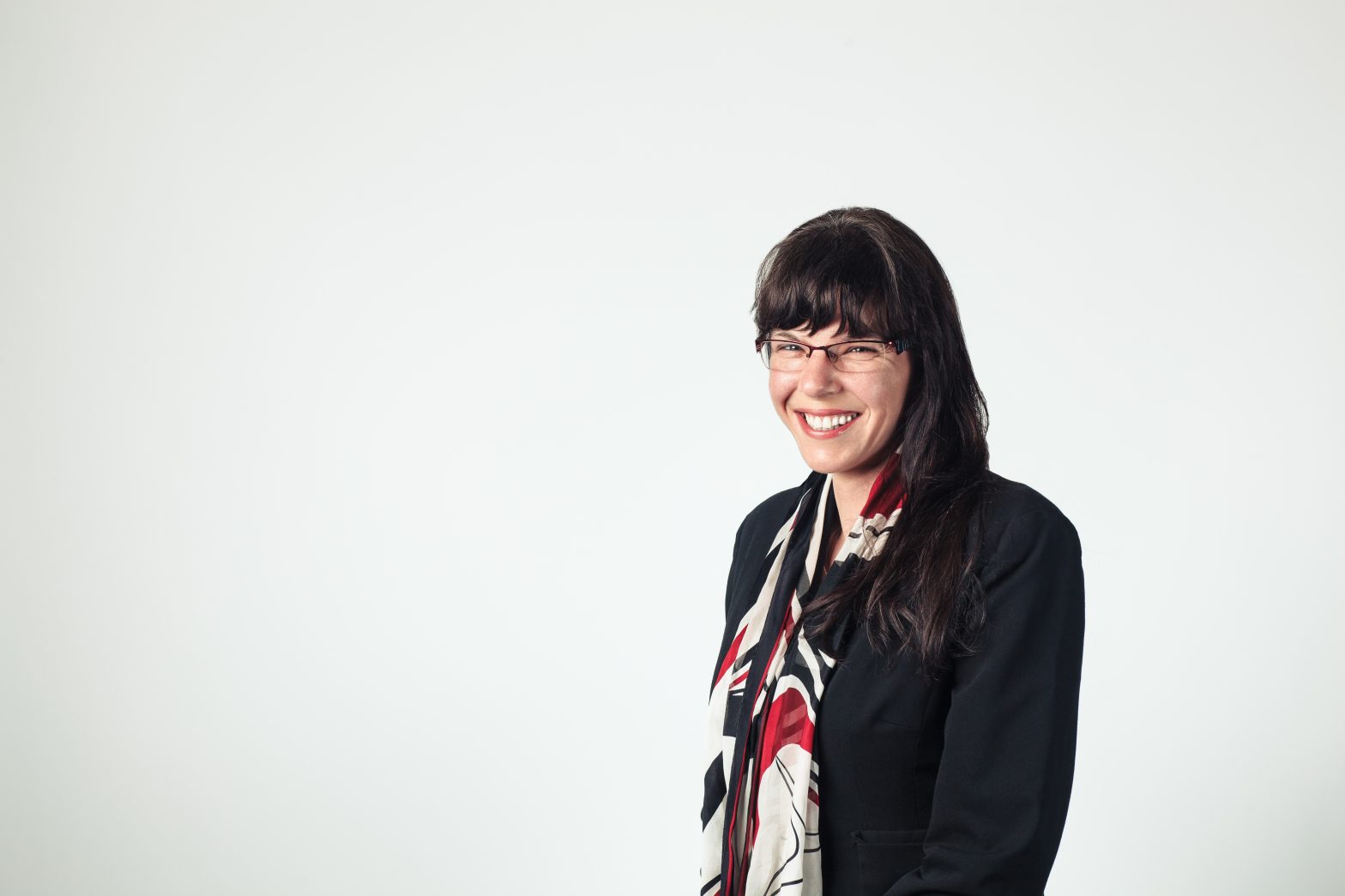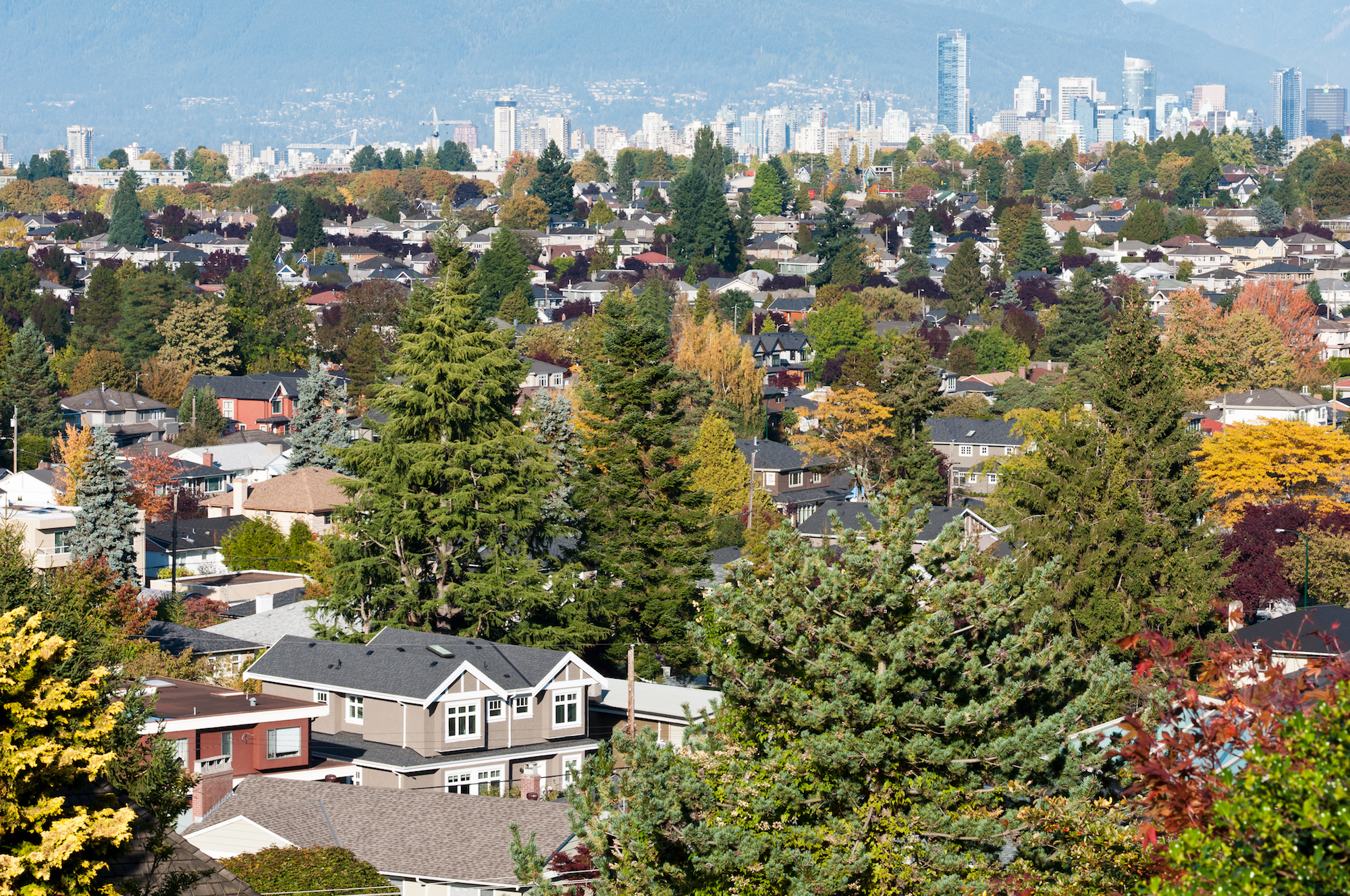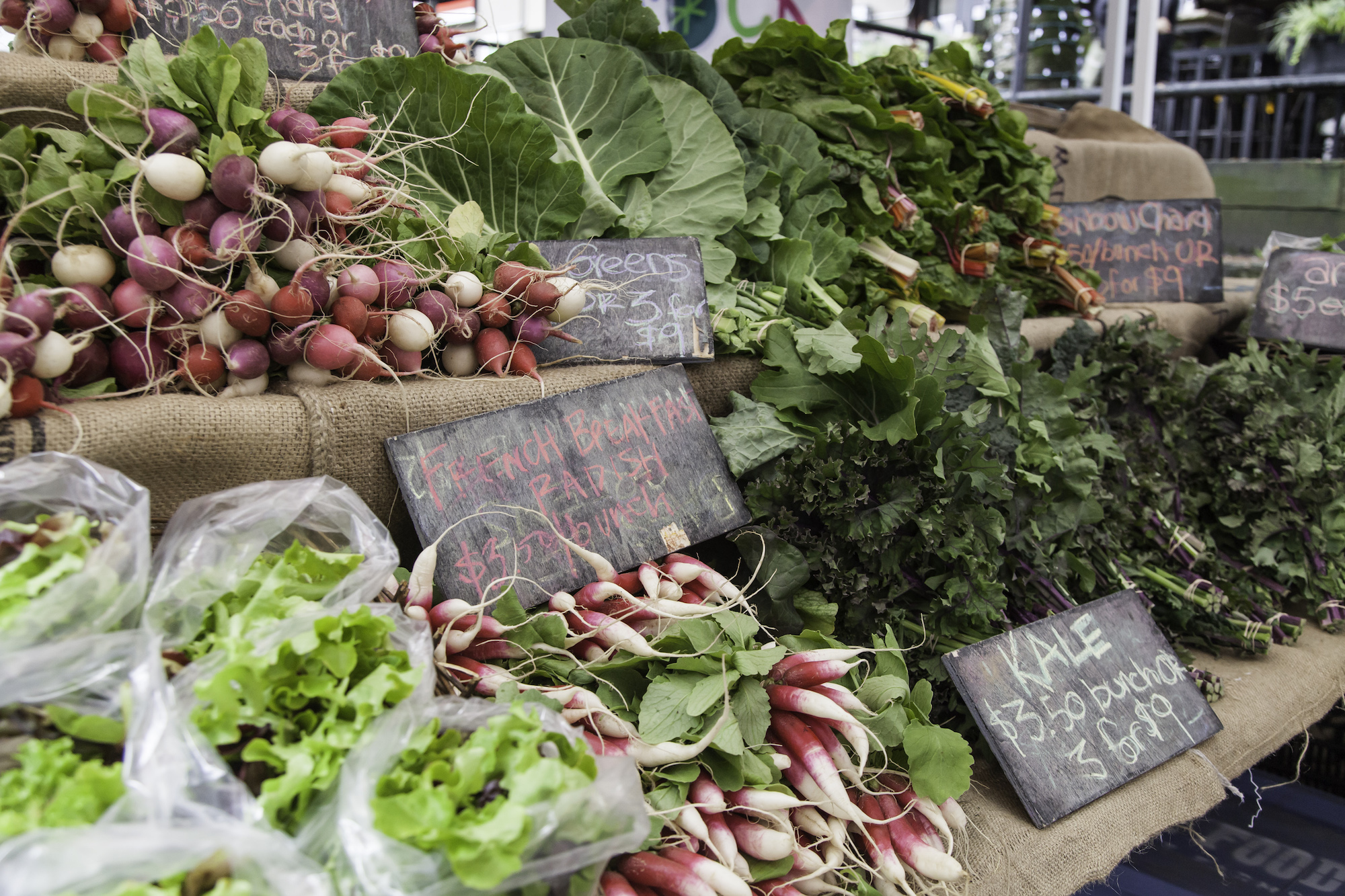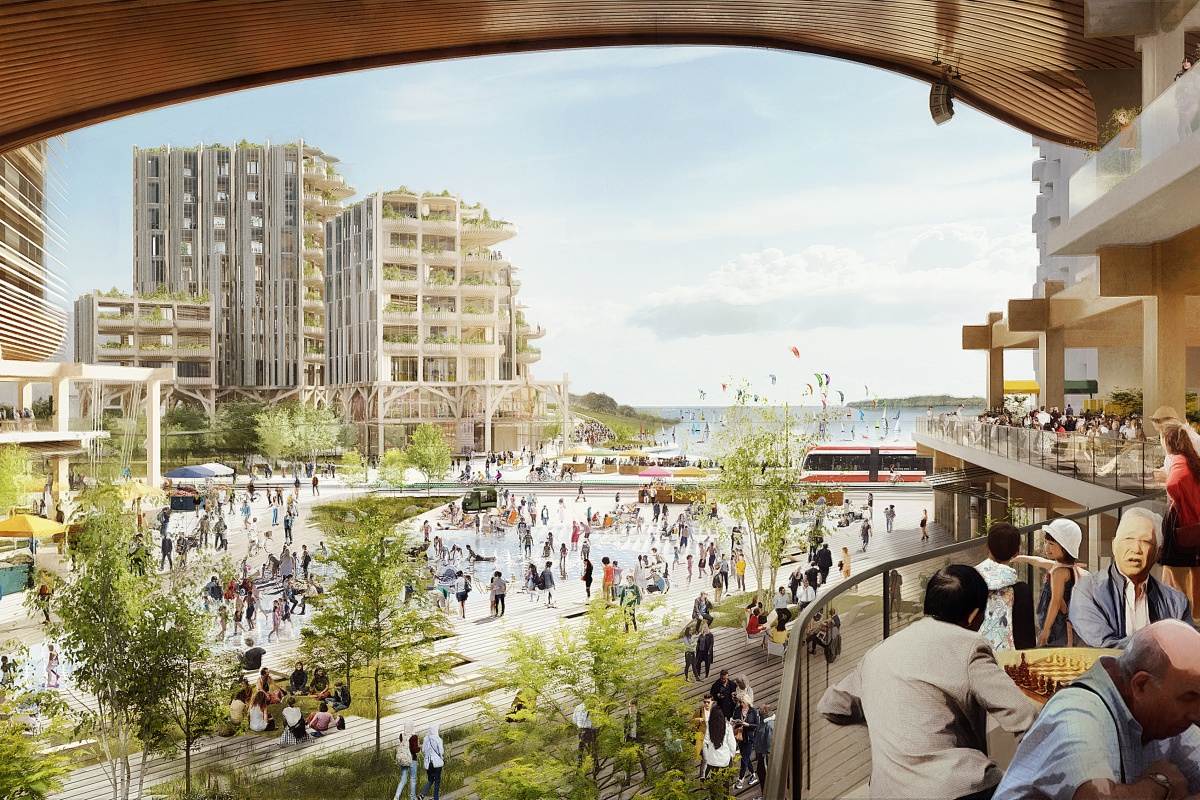
Photo: Andrea-Reimer-is-the-lead-city-councillor-for-Vancouvers-Greenest-City-Plan
Conducting Vancouver’s green city transformation
21 December 2017
Andrea Reimer is the lead councillor for Vancouver’s Greenest City Action Plan and the goal of becoming the world’s greenest city by 2020*
When Andrea Reimer thinks back to when she was a Vancouver School Board trustee in 2002, she says a common perception of Vancouverites was that their status was ‘second fiddle’ to other cities in the country such as Toronto or Montreal. And because of this mindset, the common refrain was “why be the best?” she recalls. But after the Vancouver 2010 Winter Olympics, one of the most successful ever, the public perspective changed dramatically. “It was a radical transformation in just a two-week period, where people went from saying why bother to try and be the best, to how soon can we get there?”
A year later, Vancouver announced the lofty goal of becoming the world’s greenest city by 2020. The Greenest City Action Plan (GCAP) consisted of literally hundreds of action items, including: doubling the number of green jobs and businesses, requiring all new buildings built after 2020 to be carbon neutral, reducing building emissions by 20 percent over 2007 levels, reducing solid waste going into landfills to 50 percent of 2008 levels and reducing water consumption per capita by 33 percent from 2006 levels.
As the lead city councillor for the Greenest City Action Plan, Reimer views her job as making sure the numerous initiatives within the program stay on track. “My role is like a conductor,” observes Reimer. “I don’t have any instruments in my hands, but my job is to ensure everyone that is holding an instrument is pulling together in support of a program that makes sense.”
According to the last update report, major achievements of the Greenest City Action Plan since it was launched six years ago include: a 32 percent reduction in the distance commuters are driving, a 49 percent increase in local food and green jobs, a 27 percent decrease in waste to landfill sites, the planting of 82,000 new trees and a 56 percent decrease in greenhouse gases by city operations.

Reimer attributes the city’s success thus far to four key factors. “We have a mayor who really does lead. Secondly, we have a plan in place with specific timelines. The third thing is we’re taking action. You don’t have to be a rocket scientist to realise you need to focus on areas where there are high probabilities of success. And the fourth is having strong partnerships… literally thousands of individuals and institutions working together.”
Consistent with her conductor mindset, Reimer isn’t afraid to speak out both in council or in public, not only about the Green City Action Plan’s achievements, but also some of its obstacles. A current challenge she’s tackling head on is finding ways to substantially reduce the 2.6 million paper coffee cups and two million plastic bags that make their way into the city’s landfill sites every year. To address this problem, Reimer has embarked on her own communications programme, submitting articles and conducting interviews with the media in order to raise awareness and rally public support tied to finding a solution. But she is quick to admit it remains a daunting challenge. “I don’t see bans (of single use cups or plastic bags) as the first step. We’re getting data back from other cities that have done this and the results aren’t positive. For instance, some cities have banned certain grades of plastic, but what happens then is that stores give out heavier plastic bags and you end up with even more plastic in the garbage.”
Potential solutions to the single use waste challenge she says, include a reusable cup program, similar to what cities such as Freiburg in southwestern Germany have launched. The reusable Freiburg cup has been widely accepted by local businesses in place of disposable cups. And possibly a heavier tax on plastic bags, which in countries such as the UK, has led to an 85 percent reduction in use less than a year after the tax was introduced.
Despite challenges such as these, Reimer feels Vancouver has undergone a remarkable transformation since her early years on the city’s school board. “I used to go into classes and ask kids two things. How did you get to school today and where do potato chips come from? Back then it was rare for them to walk or bike or take the bus because there was a stigma attached to it. And they’d answer that potato chips came from a bag or a store. But when I recently spoke at a school assembly and asked how many kids walked or biked, almost everyone put their hand up. And when I asked about the chips they all said in unison, potatoes.” For Reimer, it was a special moment. “I suddenly realised, oh my God in 15 years we’ve come from a generation of kids that don’t understand sustainability, to kids that totally get it.” Appropriately, as Vancouver’s Greenest City Plan ‘conductor’, Reimer may not be holding any instruments, but one can safely argue she has been an instrument of change.

WORDRAP
I see myself working very hard over the coming years to bring about meaningful change.
Looking back it’s awe-inspiring to see how much power an idea has.
We can live a more sustainable life by thinking bigger. We need to share our dreams and not be afraid of them.
I love my city because when I travel around the world, people are blown away by what we’re achieving here.







